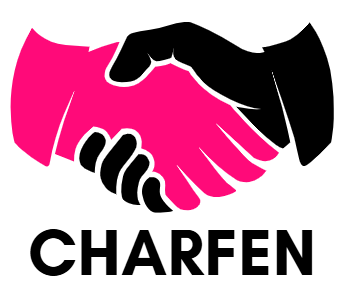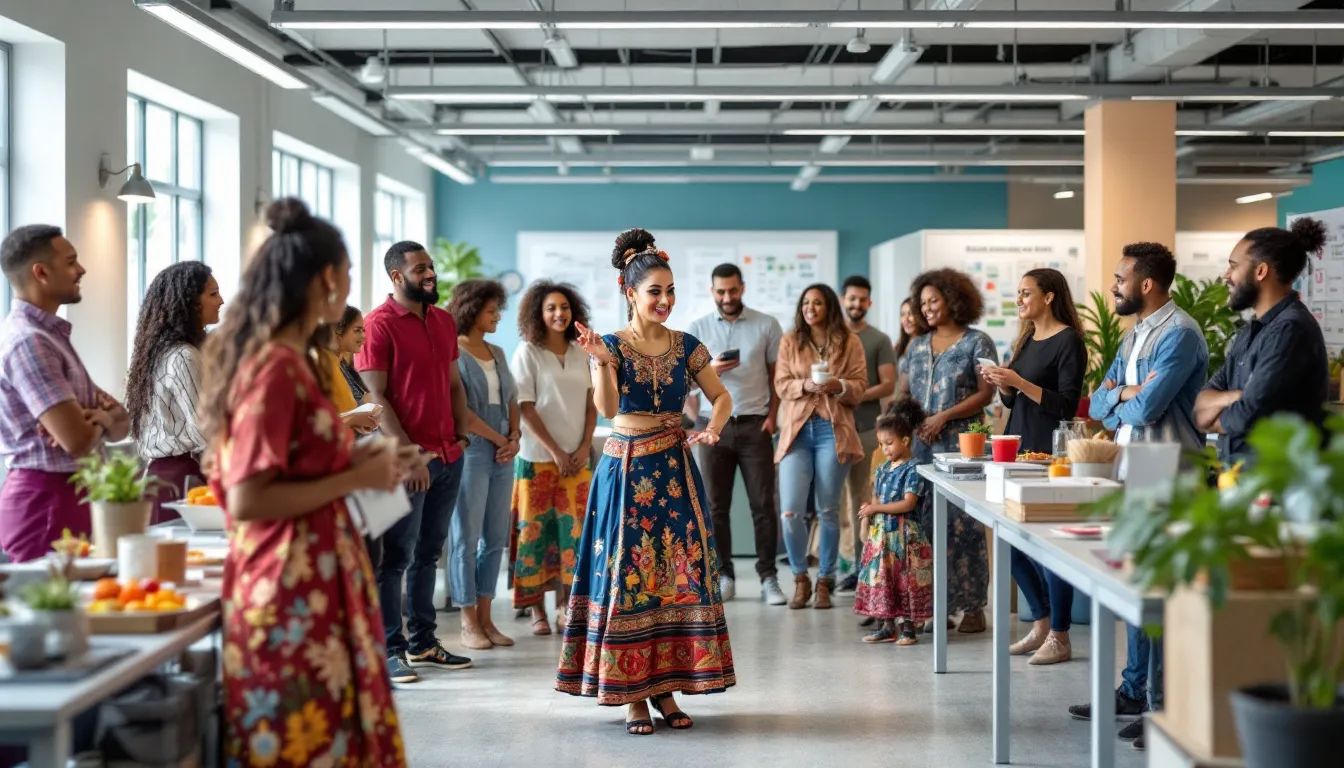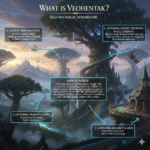Cultural gatherings have always been a cornerstone of community life. They foster belonging, unity, and pride, while offering spaces for people to reconnect with traditions and each other. In Australia, these gatherings carry deep meaning, especially for First Nations peoples. Aboriginal cultural gatherings are more than events, they are living expressions of history, tradition, and identity that have been passed down for thousands of years.
Read on to learn how Aboriginal cultural events provide a foundation for community wellbeing, preserving heritage, supporting healing, and building stronger connections across society.
Preserving cultural heritage
One of the most significant roles of Aboriginal cultural gatherings is the preservation of heritage. Through music, dance, art, and storytelling, Elders pass on knowledge that reinforces cultural identity and teaches younger generations their place within community and country. These practices are more than performances; they are living archives of languages, customs, and ancestral stories that have shaped the land and its people for millennia.
This preservation benefits all Australians. For Aboriginal communities, it ensures cultural continuity and resilience. For non-Indigenous Australians, participation and observation foster a deeper appreciation of Aboriginal heritage. By witnessing these traditions, people gain a clearer understanding of Australia’s cultural diversity and the importance of respect for First Nations knowledge systems.
Building social connection and inclusion
Social connection is central to wellbeing. Cultural gatherings provide inclusive spaces where people of all ages and backgrounds can come together to celebrate, share, and support one another. For Aboriginal and Torres Strait Islander peoples, these gatherings strengthen family ties, affirm identity, and nurture belonging. For those living away from their ancestral lands, they offer continuity and connection to a culture that might otherwise feel distant.
On a wider scale, cultural gatherings encourage exchange between Aboriginal and non-Aboriginal Australians. This interaction fosters understanding, reduces social isolation, and builds mutual respect. Mental health experts increasingly recognise cultural connection as a key factor in emotional resilience, and these events provide safe, supportive environments where individuals feel seen, valued, and empowered.
Supporting healing and resilience
For many Aboriginal communities, cultural gatherings are essential in the ongoing process of healing from colonisation and intergenerational trauma. Participating in cultural practices restores pride and empowerment, strengthening both individual and collective resilience. Singing, dancing, and storytelling are not only traditions but also powerful expressions of survival and renewal.
Being immersed in culture reinforces identity and provides purpose, which are protective factors for mental health. Communities that reclaim cultural practices strengthen their capacity to address broader social challenges, such as health inequalities or systemic disadvantage. In this way, cultural gatherings contribute directly to long-term community wellbeing and resilience.
Celebrating diversity and connection to Country
Aboriginal cultural gatherings are also occasions to celebrate diversity. Each community across Australia has unique traditions, languages, and customs. Gatherings bring these differences into focus, allowing participants and audiences to appreciate the rich variety of Aboriginal culture.
At the same time, these events highlight the deep and ongoing connection between people and country. Knowledge about land care, environmental stewardship, and spiritual significance is often shared through ceremony and storytelling. This reinforces the principle that caring for culture and caring for Country are inseparable. For wider Australian society, these gatherings are important reminders of the value of both cultural and environmental responsibility.
Encouraging participation and respect
Respectful participation in Aboriginal cultural gatherings is one of the most meaningful ways to show support for First Nations communities. Approaching these events with openness, humility, and a willingness to learn fosters reconciliation and helps create stronger, more inclusive communities.
Engaging with Elders, listening to stories, and supporting cultural initiatives can be transformative experiences. For many non-Indigenous Australians, attending a gathering provides their first real opportunity to understand Aboriginal perspectives in a direct and personal way. These moments build cultural pride, support intergenerational learning, and encourage Australians of all backgrounds to work together in preserving and celebrating Aboriginal heritage.
The broader impact on community wellbeing
The ripple effect of cultural gatherings extends far beyond the events themselves. They strengthen identity for individuals, foster unity within families and communities, and build bridges across society. For Aboriginal people, they are essential for resilience, pride, and continuity. For the wider Australian public, they are opportunities to learn, respect, and participate in shaping a more inclusive future.
Government agencies, community organisations, and health providers are increasingly recognising the role of cultural connection in holistic wellbeing. Supporting and promoting Aboriginal cultural events is not only a matter of cultural respect but also an investment in community health.
Conclusion
Cultural gatherings are pillars of connection, healing, and pride. For Aboriginal communities, these events preserve traditions, strengthen identity, and support resilience. For the broader population, they offer opportunities to embrace diversity, learn about Country, and deepen respect for Australia’s First Peoples.
By attending and supporting Aboriginal cultural gatherings, you help sustain practices that have endured for thousands of years. More importantly, you contribute to a healthier, more inclusive, and connected Australia. Explore upcoming Aboriginal cultural events near you and take part in building stronger communities grounded in respect and shared understanding.











